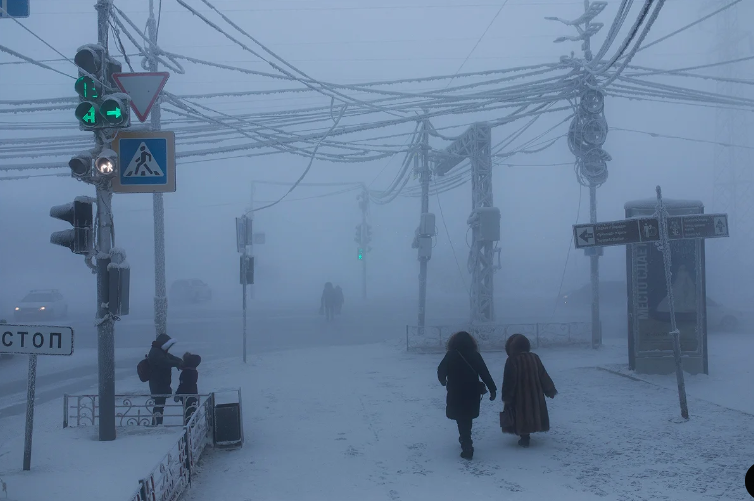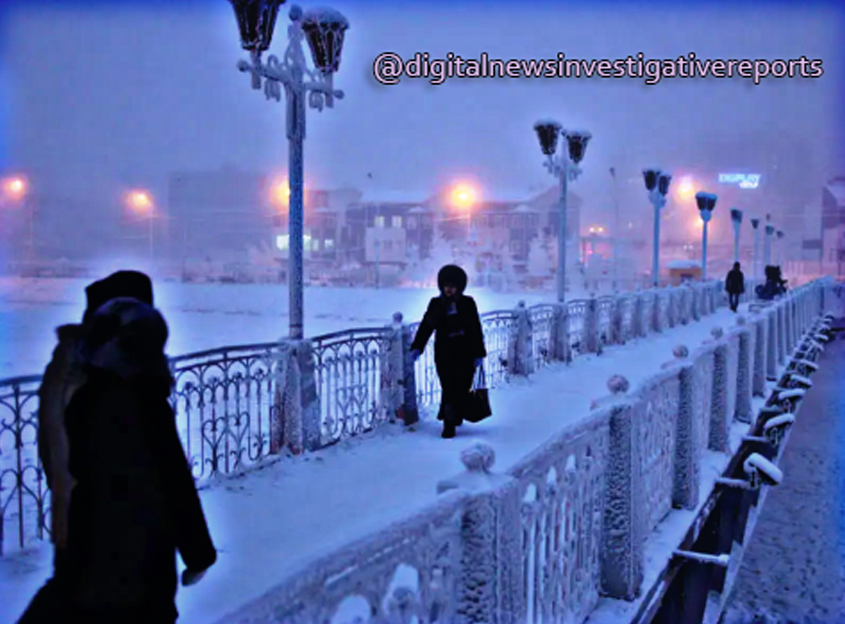Recent reports from “Rosseti Siberia” reveal a pressing issue in the Siberian regions of Krasnoyarsk Krai, Khakassia, and Omsk Oblast: crypto mining activities are causing severe disruptions to the power grid, particularly during freezing temperatures. The power company identifies the continuous 24/7 energy consumption by crypto mining farms as a primary cause of emergency power outages, leading to voltage spikes and shutdowns, according to RBC.
In 2023, Rosseti employees took action against 17 crypto mining farms in these regions, with the total damage surpassing 60 million rubles. The most significant incident involved a scheme of electricity worth 39.3 million rubles in Krasnoyarsk. Similar cases in Khakassia and Omsk Region also contributed significantly to the overall damage.

The core issue lies not in legitimate mining practices but in the illicit connections to the power grid. Illicit operations often pose as ordinary homeowners, installing mining devices in residential garages, outbuildings, and basements. This not only strains the power grid but also involves theft, as miners exploit residential billing rates for industrial-scale operations.
To address this challenge, Rosseti Siberia proposes implementing a differentiated electricity tariff based on consumption volume. This approach aims to enhance power supply reliability and deter illegal mining activities by ensuring fair payment for energy usage.
Governor Igor Kobzev of the Irkutsk Region advocates for more active regulation of mining, emphasizing its impact on the power supply system and regional budget. The call for increased oversight is driven by the prevalence of miners operating in a grey zone, leading to substantial underpayments of tax revenues.



